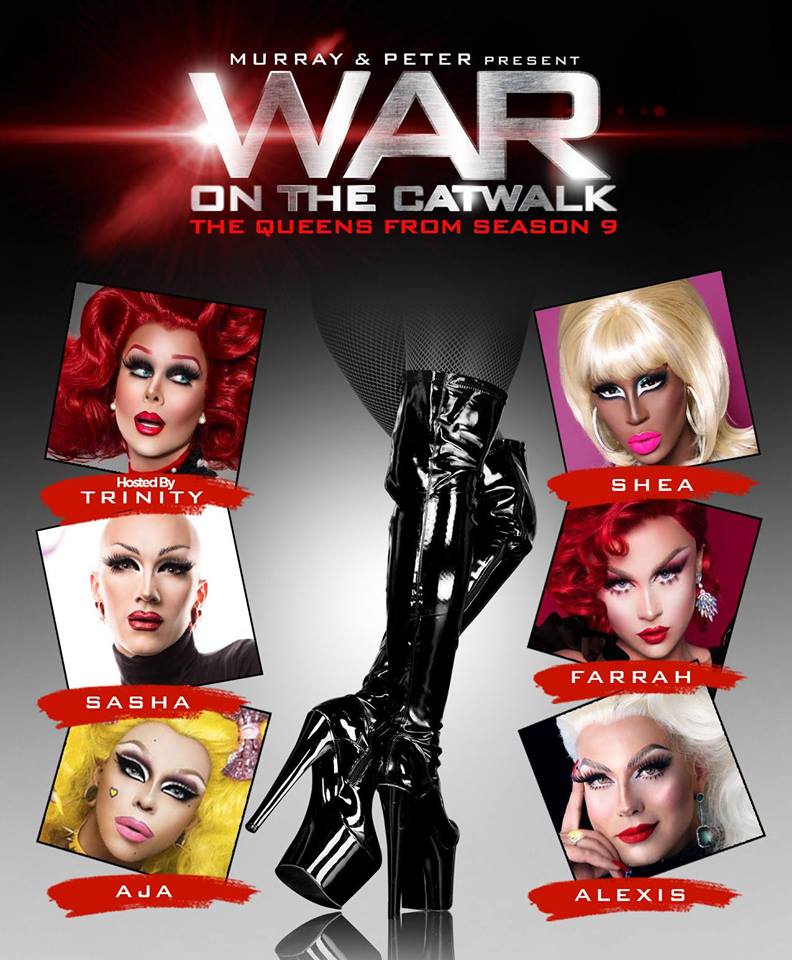Did the Blood Brothers sell out?
The Used
w/Taking Back Sunday, Blood Brothers and New Transit Direction
Roseland Theater
Jan. 18
7 p.m.
All ages.
$12 advance from Fastixx
So here is the first of the “major label” Blood Brothers’ shows, where the band will be rocking alongside at-least-they’re-better-than-Mushroomhead M2 advertisers The Used and already-played-out emo-pop group Taking Back Sunday.
In this day and age, it is interesting to ponder the significance of “selling out,” the possibilities a major label can offer, and whether the Blood Brothers will soon be listed among the other ex-indie casualties in the annals of music history.
Thanks to the Internet, it is surprising the “major label” still holds as much sway as it does. While no longer necessary to introduce one’s music to a wider audience (it seems to me that everyone in the world who would possibly be interested in what the Blood Brothers are doing – schizophrenic, homoerotic spazzed-out concept-art-core – has already discovered them, or would soon, had their new, slightly more accessible record, Burn Piano Island, Burn, been released on Three-One-G rather than ArtistDirect), the “major label” still seems to have the power to convince those who would not necessarily be turned on by a band otherwise to buy their record.
The question, though, is how much those record sales to disinterested consumers are worth to the bands, if anything, and how much they benefit the overall music community, if at all. The major label transition is a frightening prospect to everyone involved. Most bands are more worried about what will happen to them than about how their commitment will affect their musical output, which seems to be the main concern among the fans.
Take, for example, Jawbreaker, whose 1995 album Dear You for DGC Records, released after a string of increasingly accessible records for independent labels, was undeniably their best record, but left them broken up and broke.
It is strange to me that fans always accuse bands who sign with major labels of leaving them behind. It seems that, at least in the past, music fans have benefited most from the change, while the bands themselves are often hurt. Dear You changed the lives of many kids who only had access to mainstream music. Suddenly the catchy pop-punk of Green Day wasn’t enough for those who had discovered that catchy pop-punk could be infused with emotional depth and some degree of musical creativity.
While we’re not in 1995 anymore and there is no longer any excuse for claiming to only have access to mainstream music, it is nonetheless easier for a band to seem appealing and exciting when they are in the context of stale media sources like commercial radio and MTV.
If this context helps the Blood Brothers to sell millions of records and concert tickets, paving the way for other adventurous, erratic acts like Arab on Radar and The Locust, then we would certainly be living in a better world. Though chances are that this won’t happen, I, for one, think that it is courageous of these kids to put themselves on the line like they have.
With any luck, they will at least get big enough to headline their own shows at large venues like the Roseland, bringing their own supporting acts in front of larger audiences, while hopefully still playing smaller venues like the Meow Meow. If things don’t work out, however, I’m not really worried. These kids had money to start with and probably know some good lawyers, like their parents.



